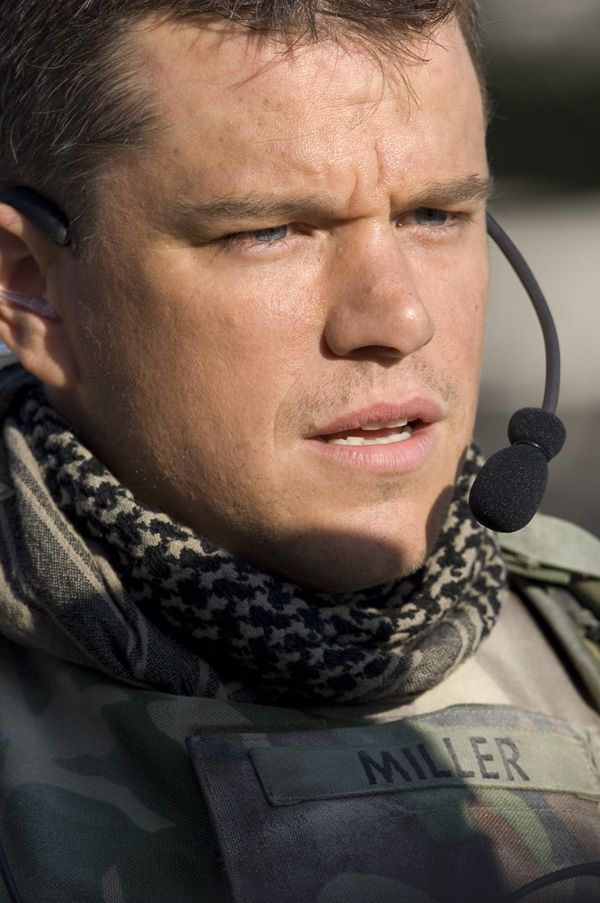http://www.nybooks.com/articles/archives/2010/aug/19/cia-and-wmds-damning-evidence/?page=1
The following letter, by a former US intelligence officer, was sent in response to Thomas Powerss review of Robert Jerviss Why Intelligence Fails: Lessons from the Iranian Revolution and the Iraq War in the May 27 issue.
Rest at link.
And you know the drill: look forward, not back, etc.
The following letter, by a former US intelligence officer, was sent in response to Thomas Powerss review of Robert Jerviss Why Intelligence Fails: Lessons from the Iranian Revolution and the Iraq War in the May 27 issue.
To the Editors:
Mr. Jerviss exoneration of the Bush administration for cooking the intelligence on Iraqs nonexistent WMDsby blaming the intelligence community alone for the failureis understandable. Jervis wasnt in the kitchen and, perhaps, doesnt know the pressure analysts feel when a vice-president and cabinet members ask the same question over and oversignaling try again, try again. Nor, perhaps, does he know the power of an administrations flattery.
I was a member of the National Intelligence Council (NIC), as national intelligence officer (NIO) for Latin America, from 2000 to 2004. The NIC is the intelligence communitys senior analytical group responsible for preparing National Intelligence Estimates (NIEs), including the Iraq WMD NIE. At the time, it reported to the director of the CIA, George Tenet, in his intelligence community hat and was located at CIA headquarters. Although the NIC is an interagency body, the CIA has always dominated its staff and work.
The first congressional briefing I ever took part in as an NIO, along with my colleagues, included discussion of WMDs, and it started with fifteen minutes of paeans of praise by Jesse Helms, and other Republicans on the Senate Foreign Relations Committee, for our intelligence work. Several of the NIOs were praised for having embraced the findings of the Rumsfeld Commission, which pressed upon the Clinton administration a hyped analysis of the missile threat (and rationale for an accelerated missile defense strategy). The NIOs clearly knew what was going on in that room. Intelligence officers are all trained to remind the recipients of their reports that they are never to take sides in a policy debate. These NIOs, however, said nothing and were clearly happy with the praise by the Republican committee members.
The National Intelligence Estimate produced by these NIOs on weapons of mass destruction in Iraq, with the participation of the CIA and other intelligence agencies, was not subjected to the customary peer review of the National Intelligence Council because, after delaying the project for months, the NIOs didnt have a spare hour for the discussion and debate that the councils review would have provided. But we knew what they were up to. During our closed-door council meetings, they would eagerly report their progress in dividing the fifteen coordinating agencies that had contributed to the NIE. They boasted how, after an obviously extensive search, they finally found an Energy Department employee willing to contradict his agencys consensus position that Iraqs missile tubes were not, as the administration and the NIOs asserted, centrifuge tubes.
The NIOs who were preparing the NIE also boasted how they found an Air Force analyst to dissent from his services position that Iraqs little unmanned surveillance planes could not be armed. They were happy that challenges to their and the administrations assumptions about Iraqs chemical weapons and biological weapons capabilities were minimal; after all, whos going to try to prove a negative?
The most back-patting, however, was reserved for their success in forcing the State Departments intelligence shop, the Bureau of Intelligence and Research (INR), to take a footnotea dissent at the bottom of the pageon a lesser judgment in the paper rather than on the overarching judgment that Saddam Hussein had WMDs. One of the NIOs smiled when he reported that INR couldnt prove that Saddam did not have WMDs and that no one wanted to be seen as defending Saddam anyway. That was exactly the Bush administrations political strategy as well. Instead of allowing INR to develop an alternative analysis in the main text of the NIEthe proper form for a different view when the information is so obviously weakthe NIOs humiliated the only agency at the table, the State Departments INR, that dared to question the administrations preordained conclusions.
When we on the National Intelligence Council finally got a full read of the National Intelligence Estimate on WMDs, after its publication, a couple of us expressed grave reservations about the fatally weak evidence and the obsessively one-sided interpretation of what shreds of information it contained. (We were not told at the time that Curveball was a solitary source of obviously questionable credentials, nor that contradictory evidence was actually suppressed from the intelligence collection and dissemination process.) One colleague said it was clearly a paper written to provide a rationale for a predetermined policy decision to go to war. When I challenged the lack of evidence and the lack of alternative explanations, including forcing the questions raised by the INR into a lowly footnote, one of the WMD-promoting NIOs leaned forward and bellowed: Who are you to question this paper? Even The Washington Post and The New York Times agree with us. The irony was complete: previously respected reporters, spoon-fed by Bush administration officials, were now being used to provide cover for the NIOs similar compromise in accepting the administrations view.
Rest at link.
And you know the drill: look forward, not back, etc.

